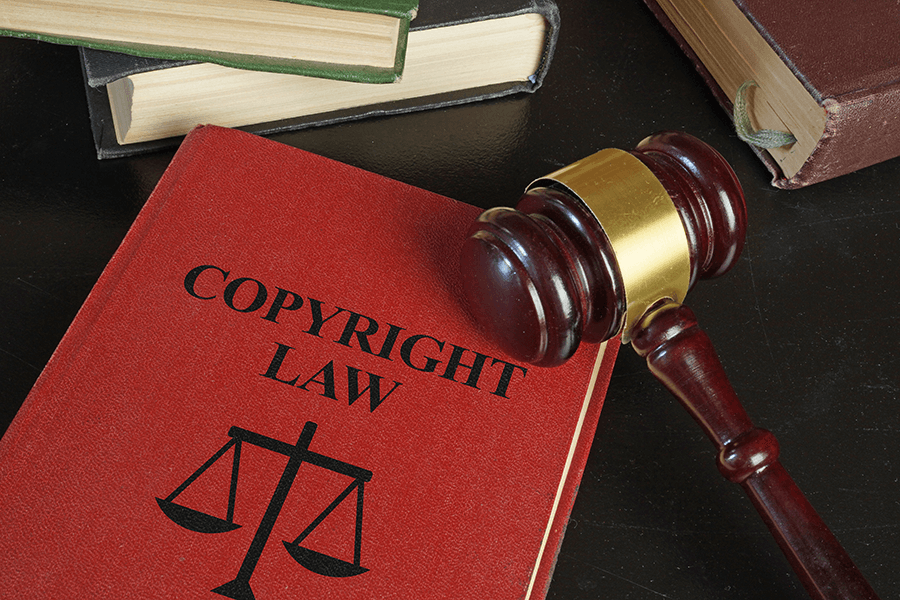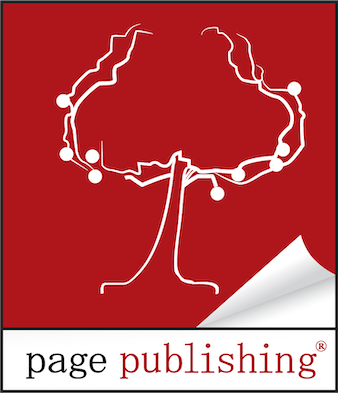
As an author, your work is the product of your creativity, effort, and dedication. Protecting this work from unauthorized use is essential. This is where copyright protection comes into play. But what exactly is copyright protection, and how does it benefit authors? In this blog, we’ll explore the basics of copyright protection and why it’s crucial for authors.
What is Copyright?
Copyright is a legal concept that grants the creator of an original work exclusive rights to its use. These rights are intended to give the author control over their work, allowing them to benefit from their creative efforts. Copyright applies to a wide range of works, including:
- Literary works (books, poems, articles)
- Dramatic works (plays, scripts)
- Musical works (songs, scores)
- Artistic works (paintings, photographs)
- Audiovisual works (movies, TV shows)
Key Rights Granted by Copyright
When you hold the copyright to your work, you have several exclusive rights:
- Reproduction Right: The right to have a say in how your work is reproduced.
- Adaptation Right: The right to create derivative works based on your original work (e.g., a movie adaptation of a novel).
- Public Performance Right: The right to perform your work publicly (e.g., a play or a reading of your book).
- Public Display Right: The right to display your work publicly (e.g., a painting in a gallery).
How Does Copyright Protection Work?
Copyright protection is automatically granted to your work as soon as it is created and fixed in a tangible medium. This means you do not need to register your work or include a copyright notice for it to be protected, although doing so can offer additional benefits.
Registration and Notice
While copyright is automatic, registering your work with the relevant authority (such as the U.S. Copyright Office) provides a public record of your copyright and can be beneficial in legal disputes. The Copyright Office website offers additional information: www.copyright.gov
Duration of Copyright
The duration of copyright protection varies depending on several factors, including the type of work and when it was created. Generally, for works created after January 1, 1978, copyright protection lasts for the life of the author plus 70 years. For works made for hire or anonymous/pseudonymous works, the copyright lasts 95 years from publication or 120 years from creation, whichever is shorter.
Why is Copyright Important for Authors?
- Monetary Benefits: Copyright allows you to monetize your work by controlling its use and distribution. You can sell copies, license adaptations, and earn royalties.
- Creative Control: Copyright ensures that you maintain control over how your work is used and presented, preserving the integrity of your creation.
- Legal Protection: With copyright, you can take legal action against unauthorized use, helping to protect your work from plagiarism and piracy.
Understanding and utilizing copyright protection is essential for authors to safeguard their work and ensure they can fully benefit from their creative efforts. By securing your rights, you can protect your livelihood, maintain creative control, and take appropriate action against infringement.
